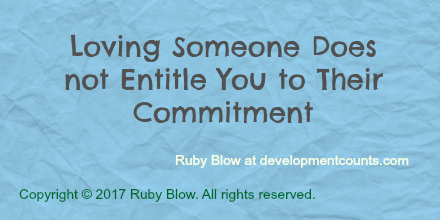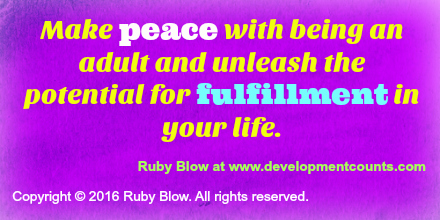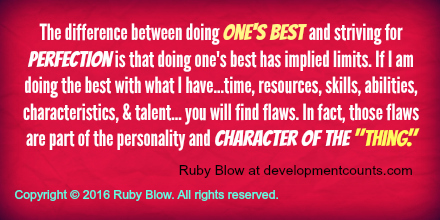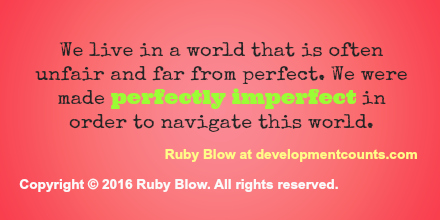Forgiveness
Forgiveness is relevant in every aspect of life. Not only as it relates to big hurts but most commonly the day to day ones that accumulate over time and magnify old wounds.
The most important forgiveness work involves forgiving oneself.
So much of what people (you, your clients, friends, colleagues, family etc…) are angry about involves perceived slights or our interpretation of what someone else’s actions or inaction means. Usually the meanings and feelings we experience ourselves involve shame, guilt, resentment and anger.
For Example
A phone call or text message goes un-returned and we spiral into feelings like anxiety, doubt, hurt, embarrassment…and think thoughts like:
- “Why is this person ignoring me?”
- “Who does so and so think they are are?”
- “What did I do wrong?”
- “That’s so rude!”
- “Do I matter?”
So much of what we are holding on to and resenting in others is a reflection of what we feel and fear about ourselves including:
- our doubts;
- our concepts on our self worth;
- and our peace of mind. They are all intertwined with how we feel and think about our actions and the actions of others.
Some examples of what we think to ourselves about ourselves include things like:
- “How could I have eaten that?”
- “Wow, I should’ve known the answer to that!”
- “Oh my goodness my desk is such a mess!”
- “Of course I didn’t get the job, I’m a phony!”
And so on…
Filling the Empty Space
The reasons we have this type of self talk is often because many of us continue to have void or space within us that feels empty. A general sense of longing for acceptance, love, understanding and connection. While we may have loving relationships, even within the context of relationships we are plagued with fears. So this internal space takes much effort, intention, self awareness and partnering to heal.
We must partner in being seen and in having our story heard.
We need the reflections from a person (friend, therapist, partner) who confirms that we were wronged and that we are owed an apology.
But not as much as we need that person (friend, therapist, partner) to challenge us to step back from the story of our victimization and explore the possibility and potential of our power. Both matter, and the confirmation must come before the confrontation.
When we complain, we hold a mirror away from ourselves asking for someone else to take a look and see all of the ways we were wronged. However, what they often also see that we cannot is our role in the perceived slight.
When someone holds their mirror up to us (in the form of complaints about their life or the way they were treated by someone) we see them. We also see ourselves.
Contact with the Wounded Other
What annoys us about the victim/complainer is their comfort and righteousness in how they were wronged. It pulls up our own anger about having been hurt or victimized by others or by circumstances and perhaps not receiving the support, empathy etc…that we felt was deserved. We think thoughts like:
- But I had to deal;
- I had to get up;
- I had to (as Oriah Mountaindreamer describes in her poem “The Invitation”) “get up after the night of grief and despair weary and bruised to the bone and do what needs to be done to feed the children.”
It is only through contact with the wounded other and the wounded self that we have opportunities for growth and change.
We generally don’t choose change. Change is often thrust upon us. One of the ways this happens to us is through the search for closure when one thing comes to an end. We seek truth so we can reconcile ourselves to what occurred. Often the act of forgiveness is a byproduct of trying to resume one’s life. If it happens too quickly, forgiveness can represent a desire to bypass the pain.
“I don’t want to feel this pain, so I forgive you.” Real forgiveness is more deeply felt and healing for the forgiver when they have allowed themselves to feel and express the full weight of their pain and their feelings of being wronged.
So the complainer must complain. They must exhaust their story of being wronged…hear it again and again to come to terms with it. So that they may some day release it for a new story.
Forgiving Ourselves
We must learn to forgive ourselves in addition to forgiving others. If you/we can reconcile with-
- our faults;
- our wounds;
- our longings; and
- our imperfections…we won’t be so critical and defiant when we see these faults, wounds, longings, and imperfections in others.
There is so much that we choose for ourselves. We must ask what is our role in the “wrong” I am experiencing? It doesn’t mean that we’ve necessarily actively chosen our biggest harms or hurts in life, not by far. Instead it means that life is happening for us, not to us.
Life is filled with events that challenge us. We either accept the challenge or rail against it.
So today and everyday ask yourself “What do I need to forgive within myself?” Lastly, ask “How is not forgiving me and reconciling with myself contributing to my current circumstances?”
Copyright © 2016 Ruby Blow. All rights reserved.
Share your thoughts on Linkedin, Facebook, Twitter





